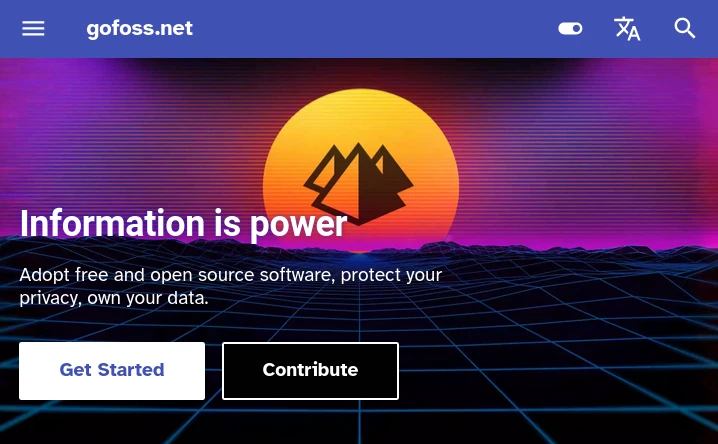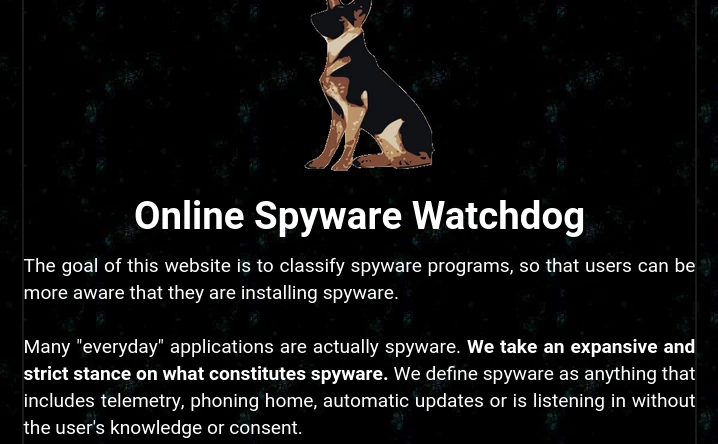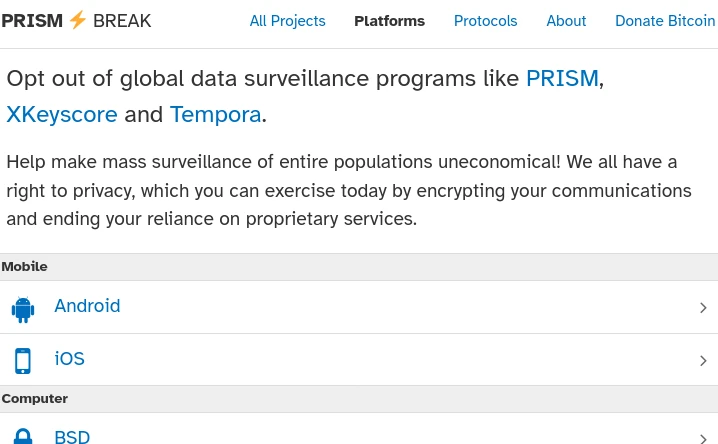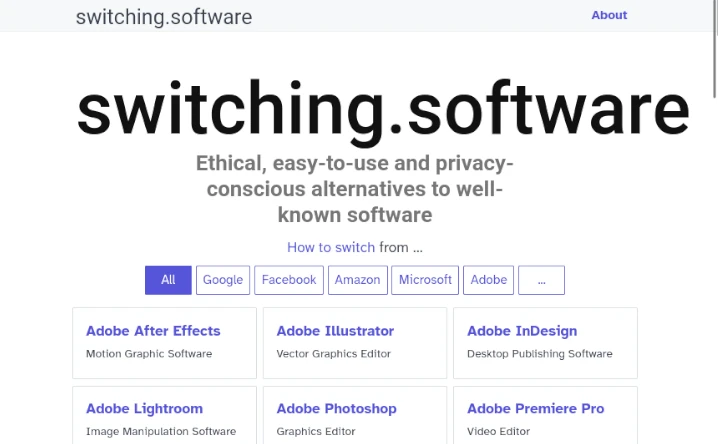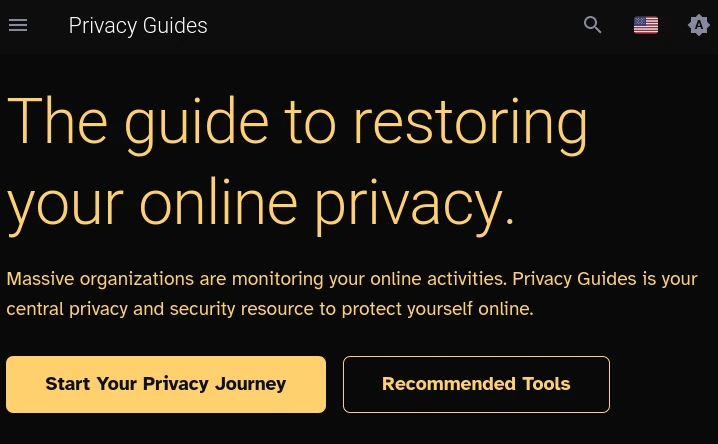Operation: Beehive
By Gabriel
Published: Jun 07 2023
Operation
Operation: Beehive
Decentralization
Bottom-up, decentralized, and permissionless strategies are at a premium. With the tools available to us, people from all walks of life are able to cooperate on incredible projects. Instead of relying on a tyrannical pharaoh’s vision for some great project, people can make their own public goods. We don’t need to be bigger or more powerful than large institutions to do incredible things. In many cases, it merely takes some creativity and diligent work.
There is much work to be done. Many important projects are unable to attain necessary funding or the volunteers to make it work. While it would be nice if we could merely come together and bankroll these projects, in some cases it may be efficient to reorganize the work itself. By being better able to manage large projects to parallelize work, we can gain efficiency in ways that are difficult to stop.
Many hands make light work.
Have you ever wanted to contribute to a project and been stuck trying to figure out how? Have there been times would you have just liked to get started right away to get a feel for what’s involved? Often people don’t know where to start, which allows big tech platforms to herd people into controlled environments.
It’s time to think like little worker bees. Some go out and gather information for a project. Others, will take the information and process it into reusable chunks. These chunks can be assembled to valuable works. With even moderate success, we’ll be overflowing with tasty honey. People vastly underestimate what could be accomplished if we merely found ways to properly parallelize large tasks.
Rebecca Miller-Webster gives an excellent talk about this.
Remember! You don’t have to use GitHub to use git!
The worker bee
Are you ready to be a humble worker bee? With some consistent effort, you and other worker bees can start making delicious information honey. Honey is sweet, there are different kinds of honey. The choice is yours, on what particular kinds you’re interested in making.
Every good worker bee needs the ability to contribute to the hive. A beehive is a git repository The repository stores all the information, metadata and history about the project. What’s phenomenal about this is that unlike actual beehives, in the case of a disaster you can pick up and start where another hive left off.
You’re going to want to be familiar with how to use git. Git is an incredibly powerful tool that allows project changes to be managed from many sources. Imagine, that in the beehive (git repository) you and the other worker bees produce cells (commits) that the beekeeper decides to include in the hive.
What’s excellent about using git is that you can still use many of the same tools you want to use to edit your files. There are also some excellent text editors that integrate git into them so that working with git can be almost effortless.
Principles
-
Division of labor
Everyone has special talents, we should maximize people’s ability to contribute without hassle.
-
Efficiency
🐝 Beecome allergic to re-inventing the wheel. Wherever possible, avoid people having to do the same thing over again.
-
Robustness
Work should always be in a usable state to avoid waste.
Using machine readable formats can help with that.
Goals
-
Decentralized projects
Often times, there are multiple uses for the same information.
Different groups may want to use it in slightly different ways.
Public repositories allow this to be done without starting from scratch. -
Friction-less participation
Allowing work to begin without permission allows people to start without coordination.
-
Censorship resistance
With strategic use of these tools, critical projects can continue despite immense censorship and pressure.
Advantages
-
Collaboration
By managing changes directly, you can eliminate a lot of the work involved with coordination. In a well-documented project, volunteers can help get other volunteers started.
There is a wide range of possibilities for what kind of access control you want. You can have a small group of trusted participants, or allow the entire world to have access and have people approve changes.
-
Automated workflows
By using source files, and a deterministic process, you can have information transformed into a variety of formats automatically when changes are made. These formats could be websites, books, or other materials.
You can see this in action in a presentation given to the MetaPrep Education community.
-
Version control
Being able to revert to a previous project state is quite useful, especially in instances where you’d like to pick up where another project left off.
Examples of Beehive projects
This is not a mere hypothetical, there are real decentralized projects making use of this strategy already. While they’re largely focused on technology and privacy, the same model could quite easily be applied to many different areas in life. These projects are excellent resources themselves. What makes them incredibly powerful is that with a little bit of knowledge, anyone can contribute to improve the project.
Go FOSS
gofoss.net is a free and open source guide to online privacy, data ownership and durable technology. The project was launched in 2020 by a small team of volunteers, and is 100% non-profit – no ads, no tracking, no sponsored content, no affiliates.
We deplore that many tech companies generate profits at the expense of user privacy. We are increasingly concerned about governments intruding into the private sphere of citizens. And we see an urgent need for action to lower the environmental impact of technology.
Online Spyware Watchdog
https://spyware.neocities.org/
The goal of this website is to classify spyware programs, so that users can be more aware that they are installing spyware.
Many “everyday” applications are actually spyware. We take an expansive and strict stance on what constitutes spyware. We define spyware as anything that includes telemetry, phoning home, automatic updates or is listening in without the user’s knowledge or consent.
PRISM BREAK
Help make mass surveillance of entire populations uneconomical! We all have a right to privacy, which you can exercise today by encrypting your communications and ending your reliance on proprietary services.
Switching Software
switching.software is a grassroots website, that is trying to let people know about ethical and easy-to-use alternatives to well-known websites, apps and other software.
Privacy Guides
https://www.privacyguides.org/en/
Privacy Guides is a socially motivated website that provides information for protecting your data security and privacy. Our mission is to inform the public about the value of digital privacy, and global government initiatives which aim to monitor your online activity. We are a non-profit collective operated entirely by volunteer team members and contributors. Our website is free of advertisements and not affiliated with any of the listed providers.
Awesome / Delightful Lists
Lists like these are excellent resources for finding curated and detailed information. These are very often more useful than search engines, which will very often point you to a few sponsored results.
Publishing your own lists and indexes is a very powerful thing indeed. It can be as simple as a text file, or a fully-featured search-enabled site. No matter what, the content is able to stand on it’s own and can be freely shared.
Understanding the method
FreeCodeCamp.org has an excellent Crash Course on git for beginners.
Example: Filling a large spreadsheet
Suppose you have a very large spreadsheet that has links to check for information, which then needs to be filled out into columns. With only a few rows, this can be quite manageable, but when there’s thousands it can become difficult for even a team of people.
| Link | Model # | Price |
|---|---|---|
| example.com/1 | Type 1 | $5,500 |
| example.com/2 | Type 2 | $6,450 |
| example.com/3 | ||
| … | ||
| example.com/1230532 | ||
| … |
Instead of trying to sync a massive spreadsheet with hundreds of volunteers, making coordination quite difficult, you decide to try to use git to allow for parallel changes.
The first step would be to turn the massive spreadsheet into a .csv file, so that it can be edited in pure text, without worrying about which tools people are using. This allows your volunteers to contribute even if they don’t use the same software as you.
It would look something like this:
Link,Model #,Price
example.com/1,Type 1,5500
example.com/2,Type 2,6450
example.com/3
example.com/4
...
The goal here is to have volunteers submit their changes as quickly as possible in a way that’s easy to manage. So that there isn’t any duplication the project is hosted on a forge. A forge is an online site that hosts git repositories. For simplicity, in this example we will use GitHub.
The project maintainer creates a new git repository on github, then adds the .csv file. A simple procedure would be to encourage volunteers to start at a random item # to further avoid duplicate work. I’ll explain what a potential contributor would need to do in this instance.
The worker bee
Volunteers will clone the repository. This allows them to download the .csv file and all previous changes that have been approved. The volunteer can then start opening the links and adding the information to their .csv file.
For example:
Link,Model #,Price
...
example.com/15,Type 15,7500
example.com/16,Type 16,3225
example.com/17,Type 17,4605
example.com/18,Type 18,8420
...
The advantage of using git here is that it manages the changes. The volunteer can send this .csv directly to the project maintainer, or use the pull request feature to ask the maintainer to incorporate their changes.
Alternatives
The vision behind operation beehive is decentralized permission-less work. This is not limited go tools like git. In fact, any wiki with open registrations would work quite well as well. The important features are that you work in an open and deterministic way, that makes it easier for people to carry on.
Sharing is caring!
Please send this post to anyone you think might be interested.
If you haven't already, don't forget to bookmark this site!
You can always subscribe with the RSS feed or get posts sent to your inbox via Substack.

